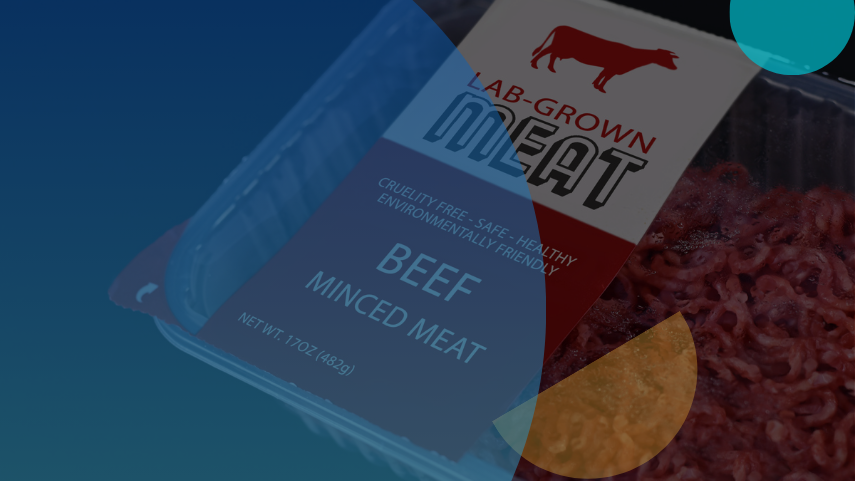
Seeking Strategic Solutions in Waterless Cosmetics to Tackle Water Scarcity
The R&D team of a leading cosmetics company urgently sought insights into innovations in waterless cosmetics and potential collaboration opportunities to differentiate themselves in the competitive cosmetics market. With increasing concerns about water scarcity, the company aimed to explore technologies that reduce water usage in product formulations.
Waterless cosmetics not only reduce the need for water-dependent ingredients but also require fewer preservatives and stabilizers, resulting in a lower carbon footprint and a smaller environmental impact throughout the product lifecycle. Recognizing these benefits, the management sought to explore waterless cosmetic technologies that align with their sustainability goals while maintaining product quality and performance.
Evaluating Supply Chain Innovations and Strategic Partnerships for Market Entry
The team was provided with detailed insights into key innovations and developments across various stages of the cosmetics supply chain, identifying specific opportunities to enter the waterless cosmetics market and exploring potential collaborations. For example, at the raw material sourcing stage, water usage could be minimized by utilizing less water-intensive ingredients or sourcing water from alternative methods.
Noteworthy innovations in the waterless cosmetics space were also highlighted, including LVMH Recherche’s patented process for creating waterless cosmetics using a solid composition. These insights enabled the team to strategically position themselves in the emerging waterless cosmetics market while exploring opportunities for collaboration and sustainable growth.
Key Findings from the Analysis
The analysis identified key innovations in the waterless cosmetics space, highlighting important solutions and partnership opportunities:
Plant-Based Ingredients
Oils, starches, and waxes emerged as the most researched plant-based ingredients incorporated into waterless cosmetic products, offering natural alternatives that reduce the need for water.
LVMH Recherche GIE
LVMH has developed a patented solid cosmetic composition that includes aqueous spheroids dispersed in a solid anhydrous phase. This innovation applies to various products, such as lipsticks, foundations, and sunscreen sticks. The process allows for the creation of solid cosmetic formulations that maintain the desired aesthetic and functional qualities without relying on water, presenting a strong opportunity for market differentiation in the waterless cosmetics sector.
These insights provided the team with a clear understanding of emerging trends and potential partners to drive innovation in waterless cosmetics.
Research Process- How did GreyB Help?
Identifying Innovations and Market Trends in Waterless Cosmetics
A thorough search was done to find the latest innovations in the waterless cosmetics field. This involved analyzing patents, research papers, commercial products, blogs, conferences, and industry events. Each innovation was assessed using parametric analysis to identify the most impactful technologies and trends in the market.
Evaluation and Assessment
The selected innovations and key players were thoroughly evaluated based on factors such as patent collaborations, acquisitions, and grant timelines. This detailed assessment provided insights into emerging startups and established entities that could serve as potential partners or acquisition targets for the team. The analysis highlighted strategic opportunities for collaboration to strengthen their position in the waterless cosmetics space.
Navigating the shift to waterless cosmetics presents challenges for companies, such as reducing the use of water-intensive ingredients without compromising product performance, reducing preservatives and stabilizers to lower carbon footprints, and finding the right innovations and partnerships to differentiate in a competitive market.
If you want to adopt waterless technologies that address these challenges and seamlessly integrate them into your supply chain, connect with our specialists today to explore customized solutions that drive sustainability and business growth.






